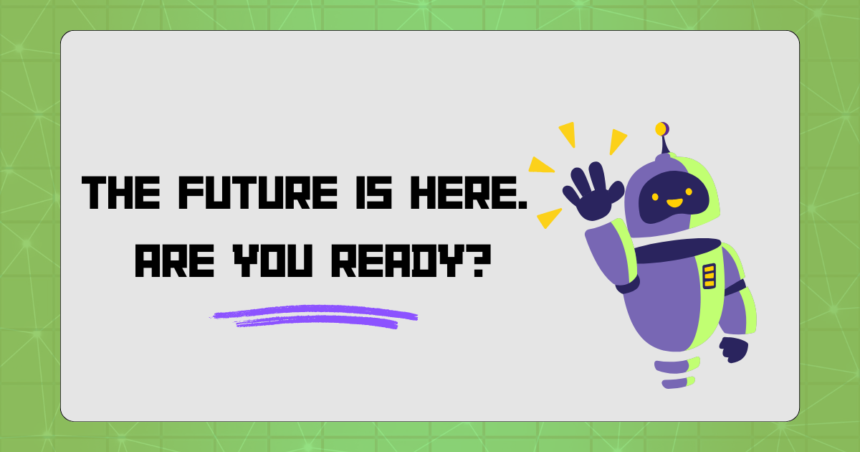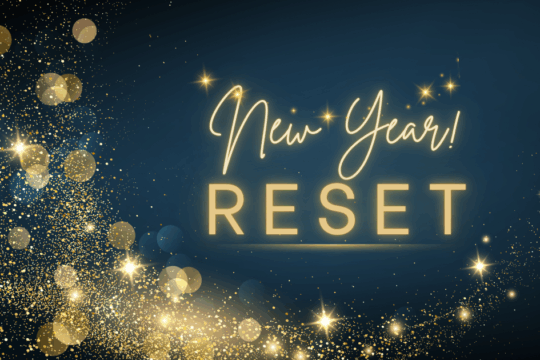Navigating the AI-Driven Job Market: Skills Students Should Develop Now

The future is here. Are you ready?
Let’s be real—AI is changing everything. It’s everywhere, from how we shop and communicate to how businesses run. And while some people panic about AI “taking over jobs,” the truth is that AI isn’t replacing humans—it’s just changing how we work.
So, what does that mean for students preparing for the workforce? It means that beyond degrees and technical know-how, adaptability, continuous learning, and emotional intelligence will be the superpowers that keep you ahead.
If you want to thrive in an AI-powered world, here’s what you should focus on now.
Adaptability: Change is the Only Constant
Think about how quickly technology changes. Ten years ago, most people weren’t talking about AI-powered resumes or ChatGPT. Now, companies use AI to screen candidates, analyze data, and even assist in decision-making.
The takeaway? You have to be comfortable with change.
• Be open to learning new skills—what works today may not be enough tomorrow.
• Don’t hesitate to step out of your comfort zone and try new things.
• Instead of resisting change, embrace it as an opportunity.
Pro Tip
Try challenging yourself with something new every few months—whether it’s learning new software, taking an online course, or even exploring a new hobby. The more flexible you are, the easier it will be to adapt to shifting job trends.
Continuous learning: Stay relevant in a fast-paced world
AI isn’t just about robots taking over jobs—it’s also creating new ones. But to keep up, you need to be a lifelong learner.
The best part? You don’t have to go back to school for every new skill. Many free or affordable online courses exist on platforms like Coursera, Udemy, and LinkedIn Learning.
Some areas worth exploring:
Data literacy – Understanding and analyzing information (because AI runs on data!)
Digital communication – Knowing how to use tech tools to collaborate effectively
Basic coding – Not mandatory, but even a little knowledge can go a long way
Creative problem-solving – AI follows patterns, but humans think outside the box
Real Talk
The people who succeed in an AI-powered world are those who keep learning and stay curious. The moment you think, “I know everything I need to know,” you’re already falling behind.
Emotional intelligence (EQ): The one thing AI can’t do
Here’s something AI can’t replace: your ability to connect with people.
Sure, AI can analyze data and even mimic human speech, but can it truly understand emotions, build relationships, or resolve conflicts with empathy? Nope. And that’s why emotional intelligence (EQ) is more valuable than ever.
Self-awareness – Knowing your strengths, weaknesses, and how you react in situations
Empathy – Understanding and relating to others, whether it’s coworkers, customers, or team members
Communication skills – Being able to express your ideas clearly and listen actively.
At the End of the Day…
Businesses aren’t just hiring for technical skills—they’re hiring people who can collaborate, lead, and navigate complex human interactions.
Creativity and critical thinking: The human edge
AI is great at solving problems that already have answers—but what about problems that haven’t been solved yet?
That’s where humans come in. The ability to think critically, ask the right questions, and come up with creative solutions is what will set you apart.
Think about how AI assists doctors in diagnosing diseases, but human doctors still need to interpret results and make decisions. Or how AI helps designers generate ideas, but humans add the final creative touch.
Don’t Just Rely On AI…
Rather, learn how to use it as a tool while sharpening your own thinking skills.
Ethical and responsible AI use: Why it matters
With great power comes great responsibility. Understanding its ethical implications is crucial as AI becomes a bigger part of our daily lives.
• How do we prevent AI from reinforcing biases?
• Who is accountable when AI makes a mistake?
• How do we ensure AI is used fairly and responsibly?
Awareness of these issues won’t just make you a smarter professional but also a more responsible one. Companies need people who understand AI’s impact and can use it ethically.
Building a strong network and personal brand
Let’s face it: AI is changing how hiring works. Companies now use AI-powered hiring tools to scan resumes and rank candidates. So, what can you do?
Optimize your resume – Use clear, relevant keywords that match job descriptions.
Build your LinkedIn presence – AI can’t replace human connections, so network with professionals in your field.
Showcase your skills – Whether it’s a personal website, portfolio, or side project, employers want to see what you can do.
The Goal?
Stand out, make connections, and be visible in your industry. AI might scan applications, but hiring managers still value human relationships.
Embrace the future with confidence
AI isn’t something to fear—it’s something to work with. The key to success in an AI-driven job market is simple:
Be adaptable – Stay open to new skills and opportunities.
Keep learning – The world is changing fast, so stay ahead of the curve.
Leverage human strengths – AI can’t replace emotional intelligence, creativity, or ethical decision-making.
At the end of the day, technology will keep evolving, but people who know how to learn, think, and connect will always be in demand. So instead of worrying about AI taking jobs, focus on developing the skills that make YOU irreplaceable.
Need help discovering your best-fit career path?
Contact us to learn more about how we can save you time and money with our personalized, one-on-one services.


